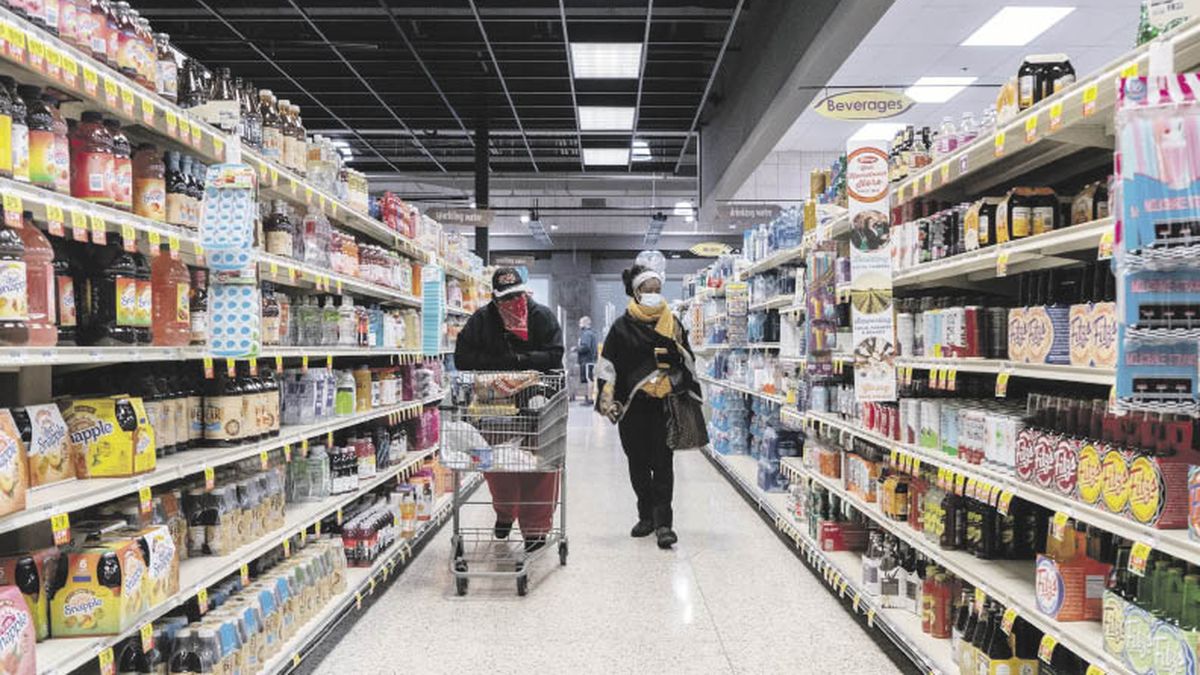If the Upper Austrian Food Inspectorate comes for an inspection visit, desperation can spread among the affected companies. “It also happens that operators refuse, but nobody comes out,” says manager Astrid Zeller. For Environment State Councilor Stefan Kaineder (Greens), the strict controls are necessary, as the 2023 activity report presented on Tuesday shows.
“Significantly more closures”
21,563 companies are currently registered with the Upper Austria Food Inspectorate. The 30 supervisory bodies carried out more than 6,700 operational inspections last year – the Linz magistrate carries out inspections independently. Violations were identified in 543 cases and the authorities even had to close eight companies. “The closures are significantly more than in previous years,” says Zeller, who describes 2023 as the “year of the cockroaches.”
This vote is disabled
Please activate the category Targeting cookies in your cookie settings to display this item. My cookie settings
Four hospitality businesses and two supermarkets were infested with cockroaches. The cockroaches were found on food or, for example, nested in the coffee machine. The head of food supervision attributes this to “inadequate monitoring”: “It depends on the operator and his understanding of hygiene,” emphasizes Zeller.
Birds had nested
In addition, a business had to be temporarily closed last year because the power went out overnight, meaning meat, fish and dairy products were not cooled. “And birds have nested in a business. If rolls are prepared underneath, that is of course problematic,” said Zeller.
The food inspectorate not only inspects the locations, but also takes samples and sends them to the Agency for Health and Food Safety (AGES) for examination. In the previous year, there were 629 complaints (11.7 percent) out of 4,251 samples. This is a pleasing value, because from 2019 to 2022 the rate was between 12.5 and 14 percent. The majority of complaints, 404 cases, related to incorrect labeling and misleading or deceptive information.
After a social media test of courage in the hospital
69 samples were classified as unsuitable for human consumption, primarily chicken meat, fish and ice cream. The inspectors considered twelve samples to be harmful to health. These included several smoked fish with listeria, a stone in a can, spray residue on beans or salmonella in packaged salads, but also three toys. These are also checked by the food inspectorate; plastic parts that break off or are easily flammable were criticized.
The food supervisory authority must also follow up on warnings from the European rapid alert systems RASFF (food) and RAPEX (consumables and cosmetics) or from other federal states. It is important to check whether the products have disappeared from the shelves at home, reports Zeller. There were more than 1,700 such reports in 2023. 210 checks were carried out at companies in this regard. For example, the product recall as a result of the “Hot Chip Challenge”, a social media test of courage, after which two German teenagers ended up in the hospital with stomach pain and skin and respiratory tract irritations last year.
My themes
For your saved topics were
new articles found.
info By clicking on the icon you can add the keyword to your topics.
info
By clicking on the icon you open your “my topics” page. They have of 15 keywords saved and would have to remove keywords.
info By clicking on the icon you can remove the keyword from your topics.
Add the topic to your topics.
Source: Nachrichten




